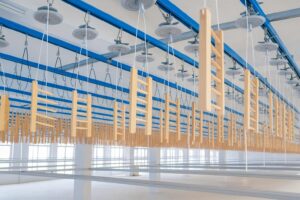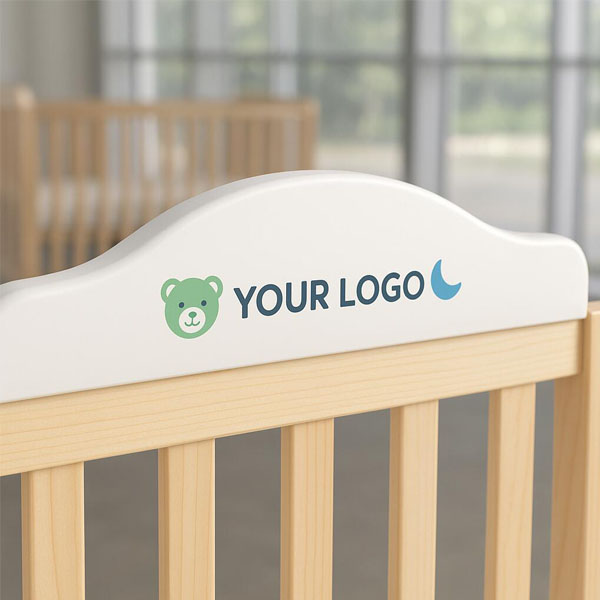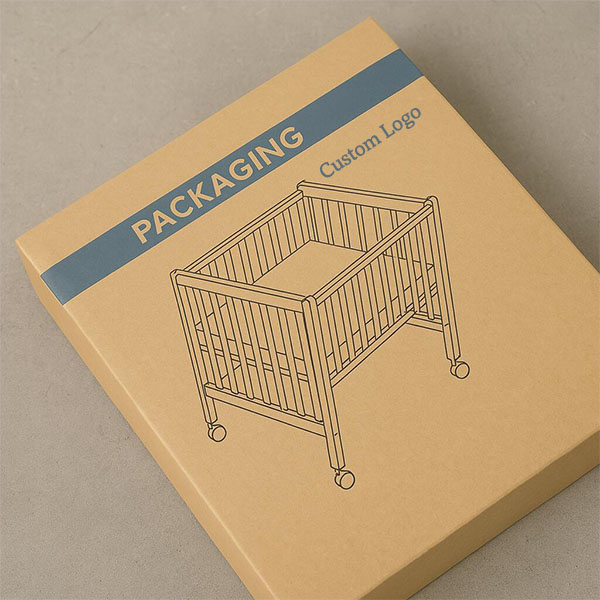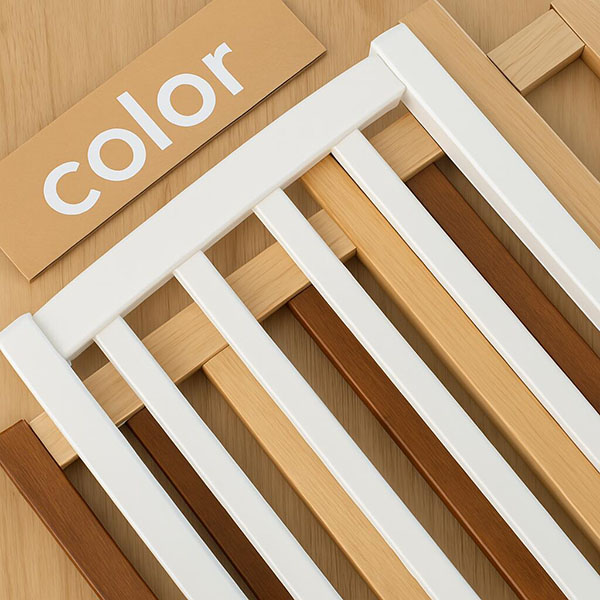What you should know when buying a Moses basket
New parents want cozy, safe spaces for their newborns—but the number of baby bed options can feel overwhelming.
A Moses basket is a small, portable bassinet for newborns. It’s best for babies up to 3–4 months old or until they can roll over or sit up.

If you’re thinking about buying one, there are a few must-knows to avoid wasted money or unsafe sleep habits. Let’s go over what really matters.
What is a Moses basket and why do people use it?
Most people think cribs are the only option—but Moses baskets offer convenience and closeness early on.
A Moses basket is a portable baby bed, often made from palm, maize, or wicker, with a soft liner and mattress.

It helps keep baby nearby
For those first fragile weeks, I wanted my baby close—especially during nighttime feeds or when I was recovering. A Moses basket made this possible. Unlike a full-size crib or even a bedside sleeper, I could carry it from the living room to the bedroom with ease. This made naps more consistent and gave me peace of mind.
The portability is the key benefit. Babies sleep often and unpredictably, and a Moses basket lets you adapt. Some even come with rocking stands, making the setup even more functional without much space.
| Sleep Option | Portability | Price Range |
|---|---|---|
| Moses Basket | Very portable | Low to mid |
| Crib | Stationary | Mid to high |
| Bassinet Stand | Semi-portable | Mid |
It supports safer sleep habits
Most Moses baskets are designed with breathable materials and firm, flat mattresses. These are in line with safe sleep guidelines, especially important for newborns who can’t move freely or adjust their position.
Using a Moses basket helped me follow safer sleep rules naturally. The smaller space discourages rolling over and reduces the risk of loose bedding. I also liked that the design made it easy to check on my baby without leaning over rails or disturbing their rest.
What safety features should I look for in a Moses basket?
Moses baskets seem simple, but there are safety details that really matter.
Look for firm mattress support, breathable sides, and certification from recognized safety standards.

Breathability and materials
I always checked if the sides were made from natural fibers or mesh. A baby’s face can end up pressed against the side, so airflow is critical. Avoid any that use padded sides that aren’t breathable, or have fabric that can sag or bunch.
Natural materials like palm and maize are popular, but make sure they’re tightly woven and free from splinters. Avoid baskets that use synthetic fibers unless they’re certified safe.
Also check the mattress. It should be thin and firm—not soft and cushy. A soft mattress increases the risk of suffocation, even if it feels “comfy” to us as adults.
Stands and handles
If you plan to use a stand, make sure it fits the basket perfectly and locks in place. I once saw a basket tip because the stand was unstable. That’s a risk no one should take.
Handles should be secure and stitched well into the basket. When carrying the baby, the handles should meet in the center without folding the basket or making it lopsided.
How long can a baby use a Moses basket?
Many parents assume they’ll use it for months—but that’s rarely the case.
Most babies outgrow a Moses basket by 3–4 months, or when they can roll, push up, or sit unaided.

Know the real age limit
With my firstborn, I thought I could use the Moses basket for at least six months. I quickly learned that babies grow—and move—fast. By the third month, my baby started kicking and twisting. Once they can roll over, it’s no longer safe.
So even if the weight limit says “up to 20 lbs,” always go by your baby’s mobility. Once they can move around, the risk of tipping or suffocation increases.
Here’s a quick reference:
| Baby Development | Basket Still Safe? |
|---|---|
| Newborn (0-2 mo) | Yes |
| Starts rolling | No |
| Can push up | No |
| Sits unsupported | No |
Plan ahead for the next bed
Since the Moses basket has a short lifespan, it’s smart to think about the next step. A crib or mini crib is a common transition. Some parents choose a bedside sleeper with adjustable heights. I moved my baby to a crib around 12 weeks after noticing she had less room to stretch.
If you want to get more use from the basket, look for convertible ones that turn into toy storage or a doll bed later. That way it doesn’t just take up closet space.
Is it worth spending a lot on a Moses basket?
Some baskets cost $50. Others are over $300. What’s the real value?
You don’t need to spend a lot—look for safety, comfort, and portability over brand names or looks.

Budget vs premium baskets
I tested a basic $60 basket and a $250 designer version with organic cotton lining and leather handles. Honestly? They both served the same purpose. My baby slept the same in both.
The higher-end one looked nicer in photos and matched my nursery better, but for function, the cheaper one worked just as well. If you’re on a budget, you won’t miss anything important by skipping the designer version.
Just make sure it includes a mattress and liner—some “cheap” options don’t, which adds cost later.
| Price Range | What You Get | What You Might Miss |
|---|---|---|
| $50–$100 | Basic materials, simple design | Premium finishes, soft liners |
| $100–$200 | Better materials, optional stand | Brand name or design appeal |
| $200+ | Designer styles, extras | Not much functional difference |
When premium makes sense
If you plan to pass it down or use it for multiple babies, it might make sense to invest in one with better durability. Or if you’re buying one as a gift, the aesthetic and materials might matter more.
I always tell new parents: Function over form. But if you can afford both, go for it.
Conclusion
Choose a Moses basket with breathable materials, a firm mattress, and safe construction—and only use it until your baby starts to move.












